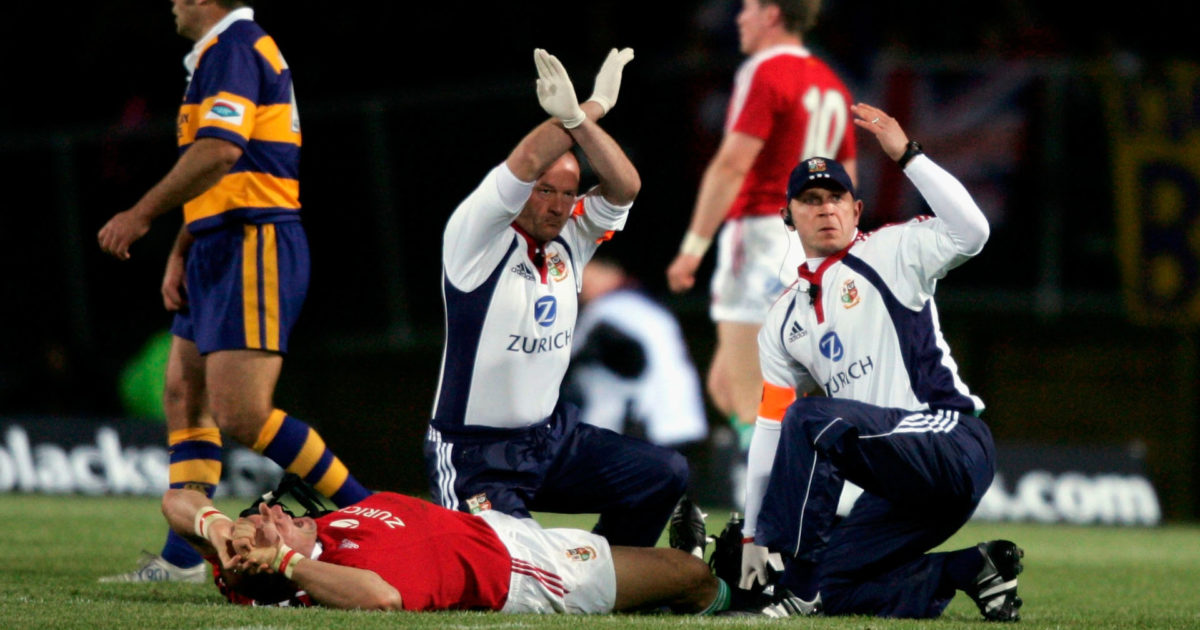Playing behind closed doors won't be a panacea for rugby claims Scotland team doctor

Scotland team doctor James Robson has warned that sport may have a long wait before healthcare capacity can facilitate its return.
Rugby competitions including the Guinness PRO14 are looking at ways of finishing their seasons following the lockdown, while England’s Premier League football clubs are among those to discuss playing behind closed doors in the next two months.
But Robson has warned that elite sport as well as amateur may have to wait a significant time before the NHS can cope with injured players on top of coronavirus victims and other patients who have had treatment delayed amid the pandemic.
The long-serving Scotland medic has heard first hand how the health service has had to adapt quickly from his GP wife and part-time medical colleagues in the Scottish Rugby Union.
“Taking matches behind closed doors simply takes away the logistical problem of having a crowd,” Robson said.
“What it doesn’t change is the actual physical nature of the game, or indeed any sport, and the risk of injury.
“We can’t contemplate going behind closed doors until we get some semblance of normality back to the NHS and private care providers.
“You can widen it to any sport. Physical activity is now very much a key strand of maintaining population health. It helps with reducing obesity, cancer, diseases like diabetes.
“But with any form of physical activity comes the risk of injury and what we have to balance is the good part of physical activity versus the risk of injury.
“It’s not just elite sportsmen and women who are prone to injury but people at other levels.
“Professional sport might help the psyche of the nation because it gives the population something to focus on and something to watch but everyday sport has a part to play in the fabric of our society and it’s what we can do to help those sports get back.
“It might be that what we have had is not what we will have in the near future or indeed the medium or long term.”
Robson, who is also the SRU’s chief medical officer, added: “Within rugby we have a number of part-time medics who have normal jobs with the NHS.
“The normalisation of the NHS is vital for us as many of my colleagues who look after my rugby teams actually look after NHS patients as well.”
Robson also warned that rugby players will need a significant period of training before resuming match action.
“You can’t just simply rush people back,” he said. “In the same way you have a graduated return from concussion, we would need a graduated return.
“When they come back from summer holidays they have a period of individual training, a period of group training and then back into contact.
“It would require a form of pre-season but it would depend on how long the lockdown goes on for.
“You would be talking around four weeks to be ready, perhaps five weeks but as the lockdown goes on, that may increase. Any typical pre-season evolves over six to eight weeks.”
Press Association













































